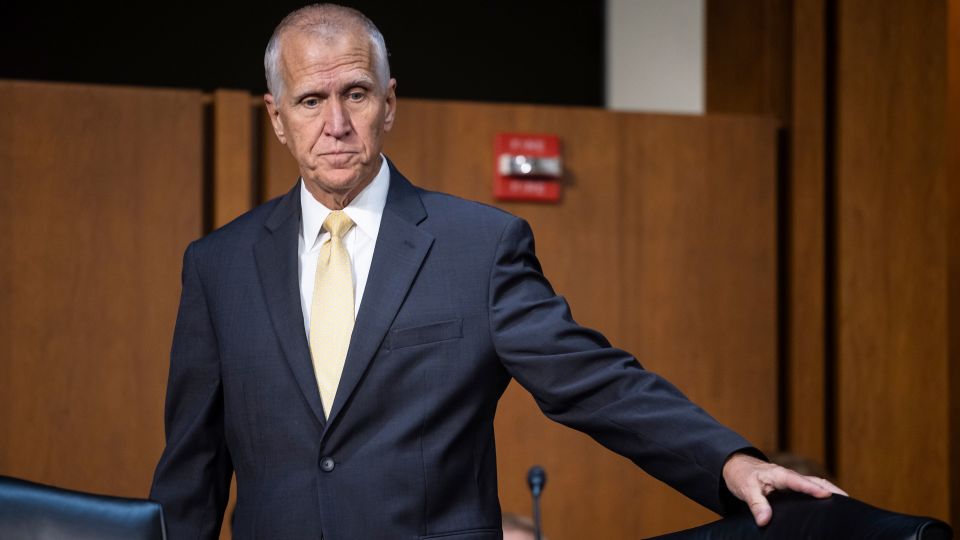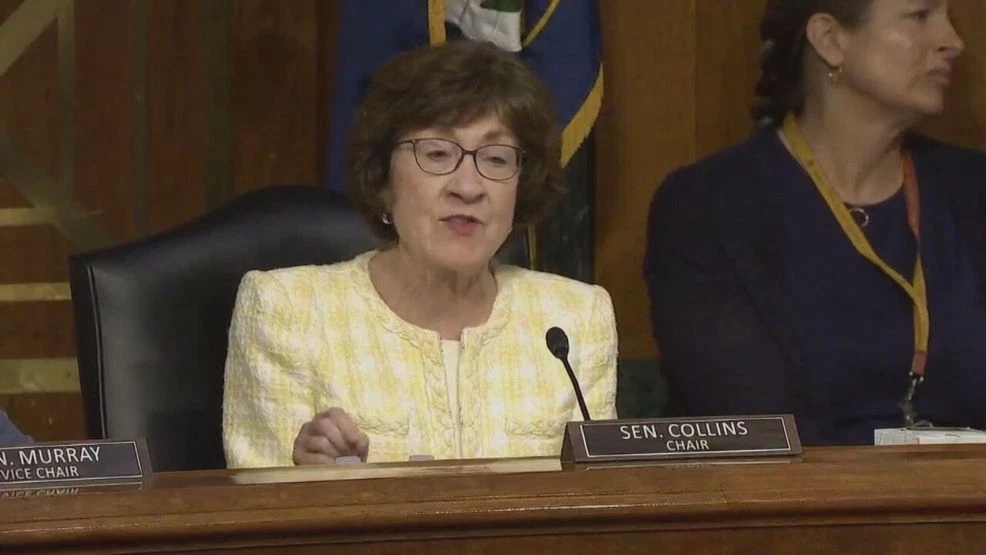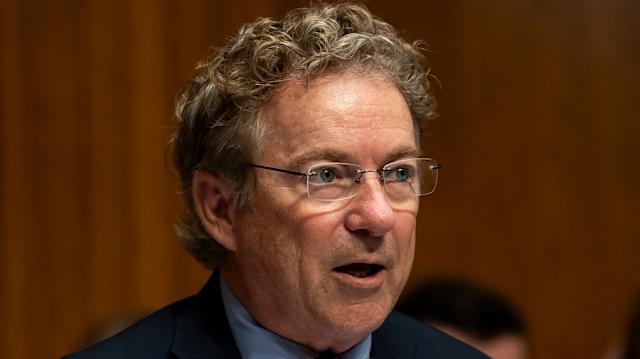Three Republican senators—Thom Tillis (NC), Susan Collins (ME), and Rand Paul (KY)—broke party lines and voted no, triggering a flurry of political debate over their motives and the future of Republican unity.
As the dust settles from the Senate’s razor-thin passage of the “Big Beautiful Bill,” one question dominates headlines: Which Republicans voted against Big Beautiful Bill? The answer reveals growing fractures within the GOP and foreshadows a turbulent road ahead as the bill heads to the House of Representatives.
On July 1, 2025, the Senate passed the bill with a 51–50 margin, thanks only to Vice President J.D. Vance’s tie-breaking vote. Three Republican senators—Thom Tillis (NC), Susan Collins (ME), and Rand Paul (KY)—broke party lines and voted no, triggering a flurry of political debate over their motives and the future of Republican unity.
Why Did These Republicans Vote Against Big Beautiful Bill?
The bill, a sweeping legislative package backed by former President Donald Trump and Senate GOP leadership, includes major changes to tax policy, federal healthcare funding, and work requirements tied to Medicaid. While it garnered strong support from most Republicans, three high-profile senators refused to fall in line.

Thom Tillis – North Carolina
Tillis has long warned against deep Medicaid changes that would disproportionately affect rural communities. With North Carolina recently expanding Medicaid, Tillis opposed new federal work requirements, stating they would result in massive coverage losses across his state. Notably, he announced shortly after the vote that he won’t run for reelection, sparking speculation that his vote was aimed at protecting his legacy.

Susan Collins – Maine
Known for her centrist stance, Collins echoed similar concerns about the bill’s impact on her state’s healthcare infrastructure. With Maine’s aging population heavily reliant on Medicaid, Collins said she could not support provisions that could destabilize small hospitals or cut off coverage for vulnerable citizens.

Rand Paul – Kentucky
Paul’s opposition focused on fiscal responsibility. He argued that the bill added too much to the national deficit without meaningful spending cuts. Although Paul praised certain aspects of the bill, such as tax simplification, he couldn’t support what he called “reckless debt expansion.”
Key Takeaways: Who Voted ‘No’ and Why
| Senator | State | Reason for Opposing the Bill |
|---|---|---|
| Thom Tillis | North Carolina | Opposed Medicaid work requirements; rural coverage concerns |
| Susan Collins | Maine | Feared damage to rural healthcare, elderly population risk |
| Rand Paul | Kentucky | Deficit spending, lack of fiscal reforms |
These three “no” votes forced Senate Republicans to rely on Vice President Vance for passage—an unusual and telling sign of internal GOP disagreement.
Which Republicans Voted Against Big Beautiful Bill – Political Fallout Begins
This bold defection is already rippling across conservative media and primary battlegrounds. Collins and Tillis are being criticized by hardliners, while Paul’s vote has reignited debate about whether the GOP is still the party of fiscal responsibility.
The defections highlight larger ideological tensions in the party:
- Moderates: Worried about Medicaid and electoral backlash in purple states.
- Fiscal conservatives: Frustrated by large spending with no long-term savings.
- Trump-aligned Republicans: Focused on legislative victories and loyalty.
What’s Next for the Big Beautiful Bill?
The bill now moves to the House of Representatives, where it faces additional obstacles. While Speaker Mike Johnson has pledged a vote by July 4, several House Republicans are threatening to block the bill unless further amendments are made to restore conservative priorities stripped from the Senate version.
Some of the most contentious issues include:
- Medicaid work requirements
- Federal deficit projections
- Lack of spending offsets
If the House fails to pass the bill, it may trigger another round of negotiations—and even deeper divisions within the party.
Read also-No Tax on Overtime: Major Breakthrough for American Workers
Summary: Who Opposed the Bill and What It Means
- Three Republicans voted against the bill: Tillis, Collins, and Paul.
- Their reasons include Medicaid protections, rural healthcare, and fiscal discipline.
- The Senate only passed the bill thanks to the Vice President’s tiebreaker.
- House passage is not guaranteed, with internal resistance already forming.
- The GOP now faces both legislative and electoral consequences.
Conclusion: What the Defections Signal for the GOP
The question “Which Republicans voted against Big Beautiful Bill?” is more than just a political trivia question—it’s a window into the current identity crisis of the Republican Party. Whether these senators are seen as brave dissidents or party traitors will depend on how the bill performs in the House and how voters respond in the coming months.
If you’re a voter, policymaker, or political observer, now’s the time to pay attention. The future of federal healthcare, taxation, and Republican unity may hang in the balance.
Stay engaged. Stay informed. Be part of the conversation.
